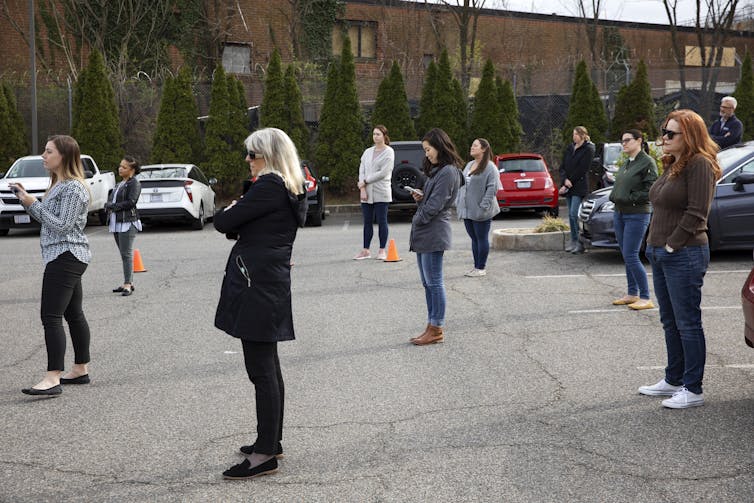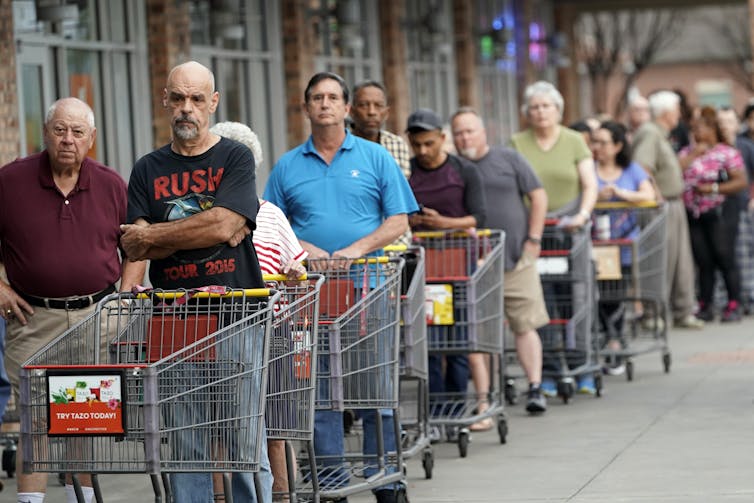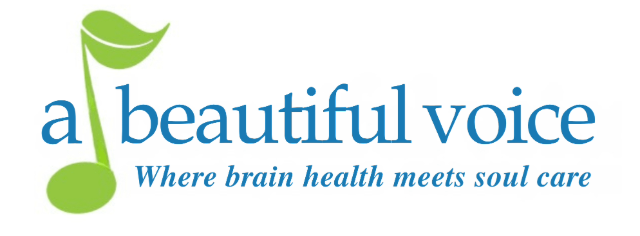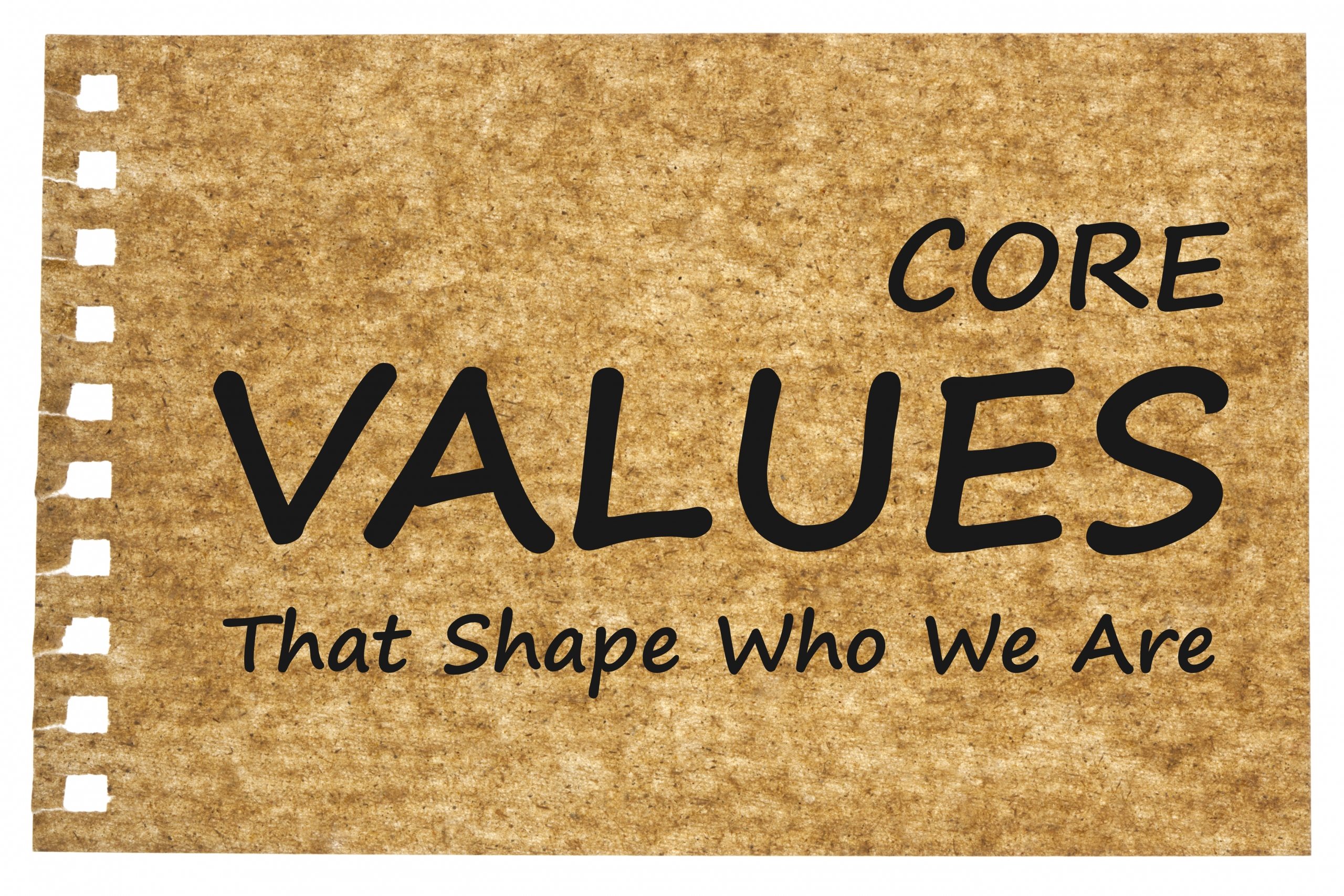“This crisis makes it all too clear that pursuing one’s own self-interest is not enough. While every one of us has the legal right to purchase as much hand sanitizer as we can find, if that is all we think about, the welfare of others and society itself are at risk. Like the Communitarians from 30 years ago, Americans need to challenge the idea that everyone is just pursuing their own happiness as individuals. When we live together in society, we depend on each other. And therefore we have obligations to each other.” – Christopher Beem, Pennsylvania State University
Photo credit: People practice social distancing by standing apart during a news conference in Washington D.C., AP Photo/Jacquelyn Martin

Pursuit of Happiness
These rights apply to all human beings, and cannot be given away.
What is more, the Declaration says that “to secure these rights, Governments are instituted among Men.” In other words, the primary objective of government is to afford citizens the opportunity to exercise these rights; the right to be left alone and to be free to pursue their own notion of happiness.
These ideas – that all people have the right to freely pursue their own self interest, and that government is concerned primarily with defending that right – show that the United States is, speaking philosophically, a very liberal society.
I have been researching questions about American political philosophy since I was a graduate student studying social ethics in the 1990s and those questions still occupy my research. With the advent of the coronavirus pandemic, one question in particular has emerged as front and center:
Is a society founded on liberal principles able to preserve itself when confronted with an existential threat, such as the coronavirus pandemic?
Is liberalism insufficient?
With the end of the Cold War, Soviet-style communism was banished to what President Ronald Reagan called “the ash heap of history.” Several countries throughout the former Soviet bloc, and throughout the world, embraced the ideals of civil rights, free enterprise and democratic equality.
This dominance of Western liberalism was also reflected in American political philosophy. In the 70s and 80s, political theorists like Joseph Raz, Robert Nozik and John Rawls all sought to refine the features and implications of liberal thought.
For example, John Rawls, in my opinion, the most important American political philosopher of this time, argued that liberal society required as much freedom and as much equal distribution of resources as possible. Any inequality or restriction of rights was only acceptable when it made society better off.
But neither Rawls nor any of these eminent theorist questioned the idea that liberalism was the best way to organize society.
In fact, political scientist Francis Fukuyama famously argued for liberalism saying that the question about how people should live together was effectively over.
But at the time, there also emerged a group of scholars who did question the sufficiency of liberalism. Political philosophers Michael Sandel Charles Taylor and sociologist Amitai Etzioni all came to be identified as Communitarians.
They shared the belief that individual rights were not a sufficient foundation on which to build and sustain a good society. Communitarians agreed with Aristotle’s famous phrase: Humans beings are “political animals.” In other words, society is more than just a collection of individuals.
Photo credit: People wait in line outside a grocery store in Spring, Texas. AP Photo/David J. Phillip
 It’s not about individual rights
It’s not about individual rights
This philosophical debate, in my view, is suddenly very relevant again.
As the coronavirus spreads, appeals about social distancing, washing one’s hands and the like appear to be focused primarily on the individual’s self-interest of not falling ill.
Such appeals would seem to fit nicely with liberalism and its focus on individual rights.
But the pandemic is at the same time demonstrating that these kinds of appeal are not enough. Just a few days ago, for example, Today’s Parent magazine offered the following advice about how to talk to children about the coronavirus and washing their hands: “Assure them that kids don’t tend to get seriously ill with it, but other people in society are more susceptible, and they can do this small thing to help others stay healthy.”
Data is still sketchy, but it appears that for young people, the mortality rate from the coronavirus is not much different from seasonal flu. But even so, they can still transmit the virus to those who are more vulnerable – especially older people and those with underlying health conditions.
Also, people are being urged not to load up on hand sanitizer and surgical masks. Neither of these are absolutely necessary to keep the average person from contracting the virus.
But they might be very helpful for someone else – health care professionals, for example, need their patients to wear masks so they don’t get infected. Because of their repeated interactions with those same sick people, they are in more frequent need of the hand sanitizer as well.
Obligations to each other
This crisis makes it all too clear that pursuing one’s own self-interest is not enough. While every one of us has the legal right to purchase as much hand sanitizer as we can find, if that is all we think about, the welfare of others and society itself are at risk.
Like the Communitarians from 30 years ago, Americans need to challenge the idea that everyone is just pursuing their own happiness as individuals. When we live together in society, we depend on each other. And therefore we have obligations to each other.
[Deep knowledge, daily. Sign up for The Conversation’s newsletter.]![]()
Author:
Christopher Beem, Managing Director of the McCourtney Institute of Democracy, Co-host of Democracy Works Podcast, Pennsylvania State University
This article is adapted and republished from The Conversation under a Creative Commons license. Read the original article.

